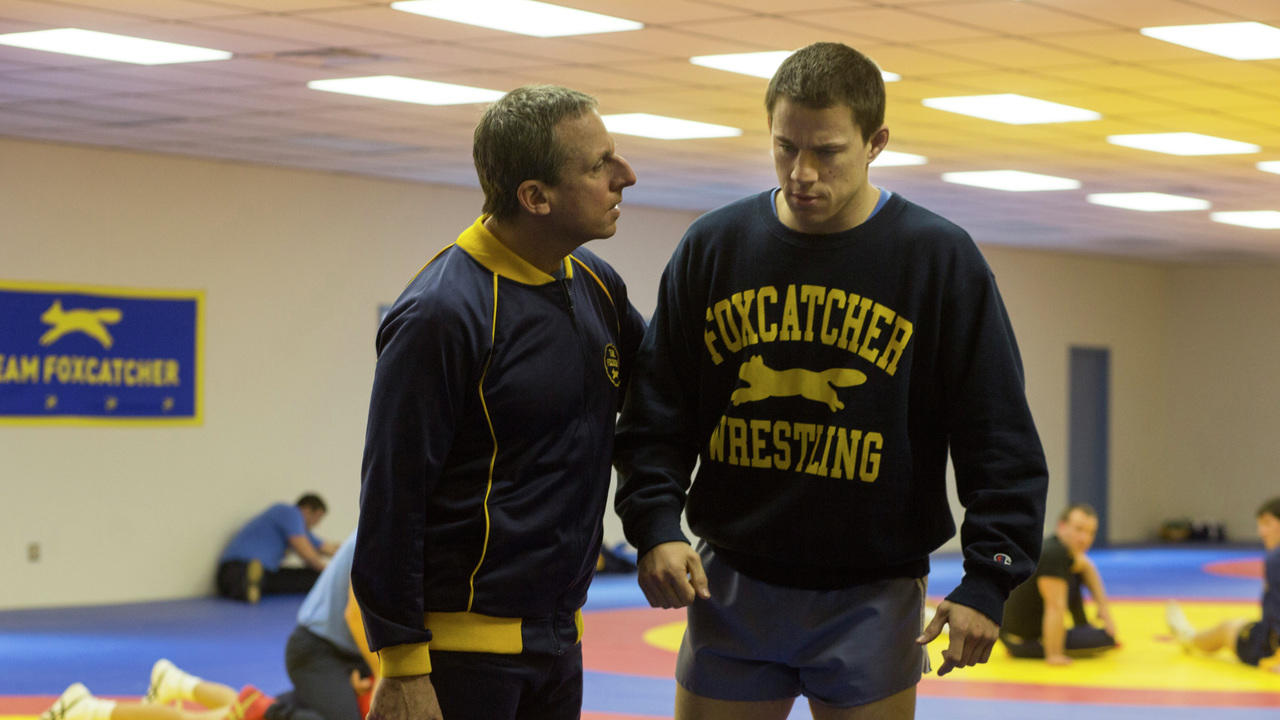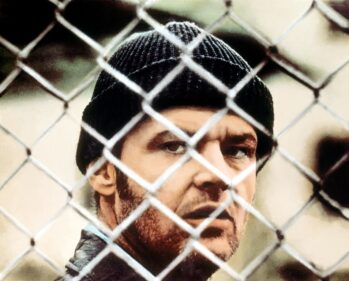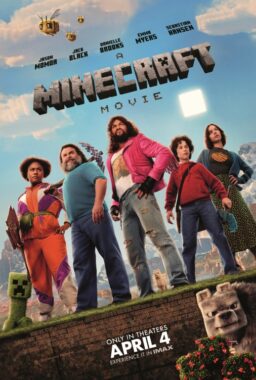John du Pont (Steve Carell) and Mark Schultz (Channing
Tatum) live in shadows. Mark’s is cast by his brother Dave (Mark Ruffalo), a man with a wife and kids who has always received more public attention. John’s mother (Vanessa Redgrave) leaves her son wanting purely by her dismissals of him, and he lives in the deep darkness of the legacy of his name.
They also move differently than most people—John with his slumped posture and
upturned nose; Mark with the heavy gait of a wrestler. In many ways, Bennett
Miller’s excellent “Foxcatcher” is about what these two people have in common
more than the differences that obviously define them. They may look completely different but their common insecurities are what lead to tragedy. As one
should expect by now from a craftsman like Miller, his “Foxcatcher” is a meticulously
refined piece of work, dealing in undercurrents of emotional uncertainty more
than the perversions and extremes that other filmmakers may have brought to
this story. As he did with “Capote” and “Moneyball,” Miller proves to be
just as adept at drawing great performances from his cast as he is at form. Get
ready to hear Steve Carell, Channing Tatum and Mark Ruffalo in the Oscar
conversation, even if I suspect the arms’ length approach to this could-have-been
salacious true story will leave some viewers in the cold.
Mark is a former Gold Medal winner, who now fills in for his
brother at speaking engagements and eats Ramen in a lonely apartment. John is
an equally lonely man, but on the other end of the economic spectrum. As rich
people buy horses, du Pont essentially buys a team of physical specimens when
he contracts Mark to be a part of his team of wrestlers. He’ll pay for his
training, put him up in a house, give him a salary, and be there in his corner
for matches around the world. John really wants Dave as well, but the more
successful of the Schultzes can’t be bought. And so two lonely men who have
been living life in the wake of other people try to cause their own ripple
effect.
There’s a deep, remarkably consistent undercurrent of
sadness that courses through “Foxcatcher.” Even when John, Mark and Dave find
success, it’s often tinged with something dark under the surface. John’s mother
doesn’t approve of the lowly sport of wrestling. Mark isn’t emotionally stable
like his brother. And all the medals and wrestling match wins in the world aren’t
going to fix the problems at the core of these two men. And so “Foxcatcher”
becomes a story about the futility of diversion. You can’t be a gold medal
winner forever. You can’t win every match. You can’t buy everything you want in
life, and the things and people you do buy won’t fix the fact that mommy had to
pay someone to be your friend in childhood. “Foxcatcher” is a stunningly
complex piece of screenwriting, the kind of film that looks relatively simple but
hides deeper meaning and character study than you first expect. It’s an even
slower burn than “Capote” or “Moneyball,” and it takes time for the melancholy
and unease to work their way under your skin.
Much as he did in his last two films, Miller likes lonely
landscapes—shots of solitary men alone in the world. Greig Fraser’s excellent
cinematography often frames John and Mark in ways that add to the subtext. Note
how John is always sinking in his chair, as if the world around him is bigger
than he can handle. Note how Fraser and Miller capture the expansive estate of
the du Pont’s or how they find a way to light Mark in a way that makes him look
solitary even in a room with other wrestlers. It’s a marvelous film in the way
it conveys its emotional essence visually—in body language, landscape, harsh
lighting, empty rooms—as well as narratively.
Much of that credit should go to the performances as well.
To say Tatum and Carell have never been better would be an understatement. It’s
going to become the most heated debate of awards season, and was the talk after
the screening this morning, as to who is better and who is lead vs. supporting.
Sony Pictures Classics is likely to push the more showy performance from Carell
in lead and could leave Tatum and Ruffalo fighting in supporting. Tatum needs
to fight it out with Carell, in my opinion. He’s phenomenal here, finding a way
to portray the depression of a man whose perfect physical ability can’t fix his
broken emotional core. Watch the way he lights up at the support of his brother
and John. Listen to the tone of his voice when he notes that his brother was
his only friend growing up. And watch how he lashes out when things go wrong.
He’s a self-defeating man in that he clearly needs encouragement from others to
the degree that he falls apart if it’s not received. Carell is fantastic as
well, nearly unrecognizable and more subtle than the previews made him out to
be. He has a few beats that feel overplayed to me, and there’s a part of me
that wishes Miller had dug deeper into the perversions and excess of du Pont’s
life, but I understand that’s not the story he’s trying to tell here. Finally,
Ruffalo proves again that he’s one of our best. He has an interview scene that
should seal an Oscar nod, possibly even a win if this movie builds up enough
steam.
Bennett Miller makes films that aren’t easily dissected or
discussed. Repeat viewings of “Capote” and “Moneyball” revealed new depth and
new personal meaning for me. “Foxcatcher” feels like it will do the same. I
have some minor issues with it now, but what works here—every technical
element, all of the performances, the unique approach to what could have been a
salacious story—overwhelms any complaints. It’s an important, vital, vibrant
film that gives new light to men who struggled so hard to find it in their real
lives.












